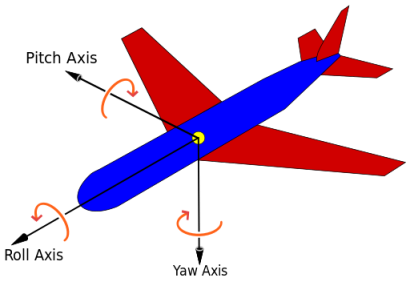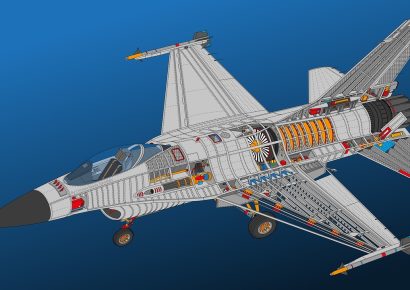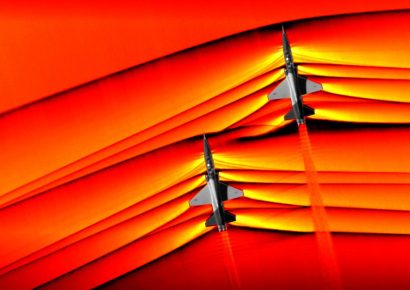About Course
Learn the fundamental principles, design techniques, and practical applications of digital circuits. This course covers essential concepts needed to understand, analyze, and build digital systems used in modern electronics
Course Content
DIGITAL CIRCUITS
-
NUMBER REPRESENTATIONS
-
NUMBER REPRESENTATIONS Q & A
-
SEQUENTIAL CIRCUITS
-
SEQUENTIAL CIRCUITS Q & A
-
DATA CONVERTERS
-
DATA CONVERTERS
-
SEMICONDUCTOR MEMORIES
-
SEMICONDUCTOR MEMORIES Q & A
-
COMPUTER ORGANIZATION






